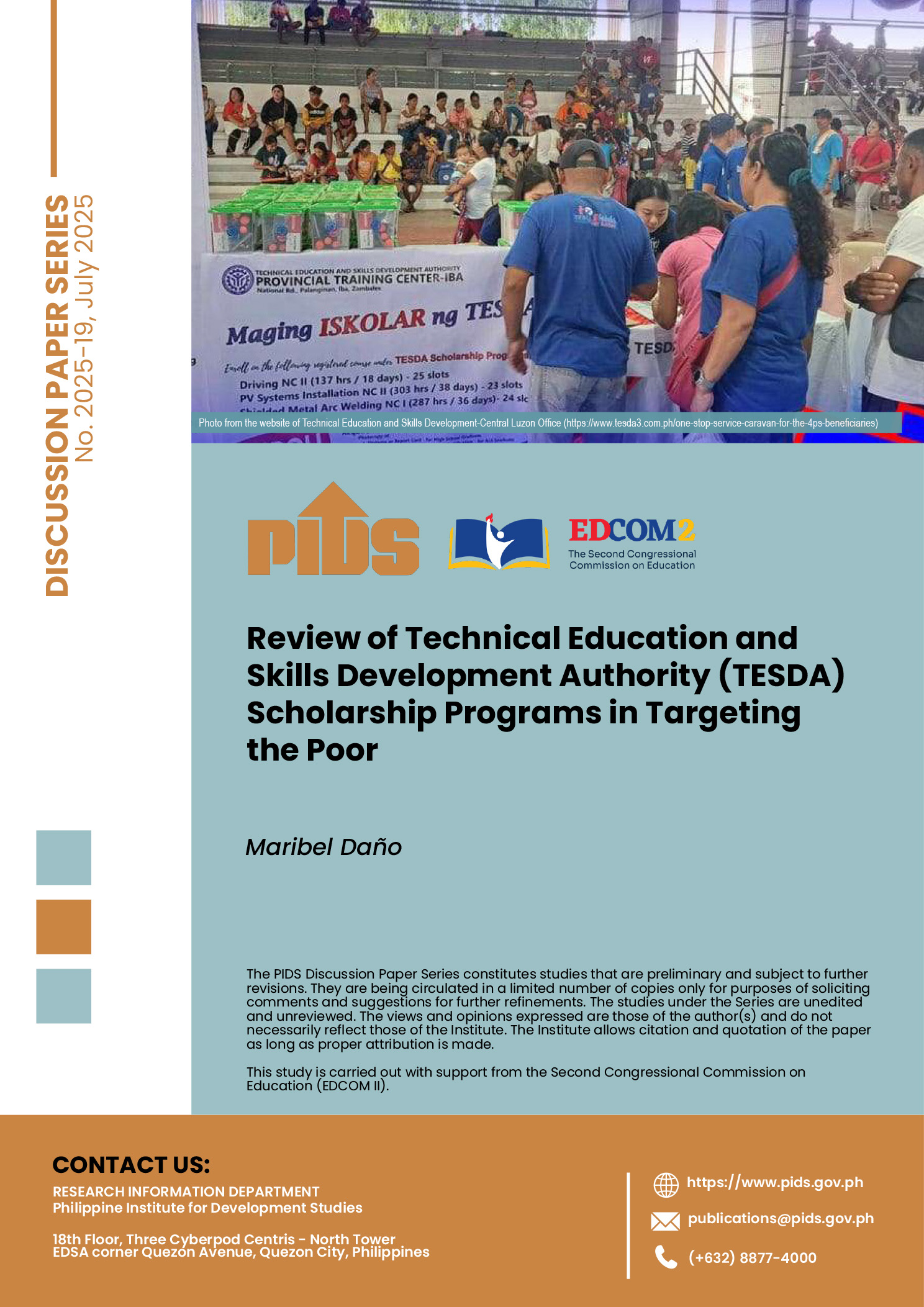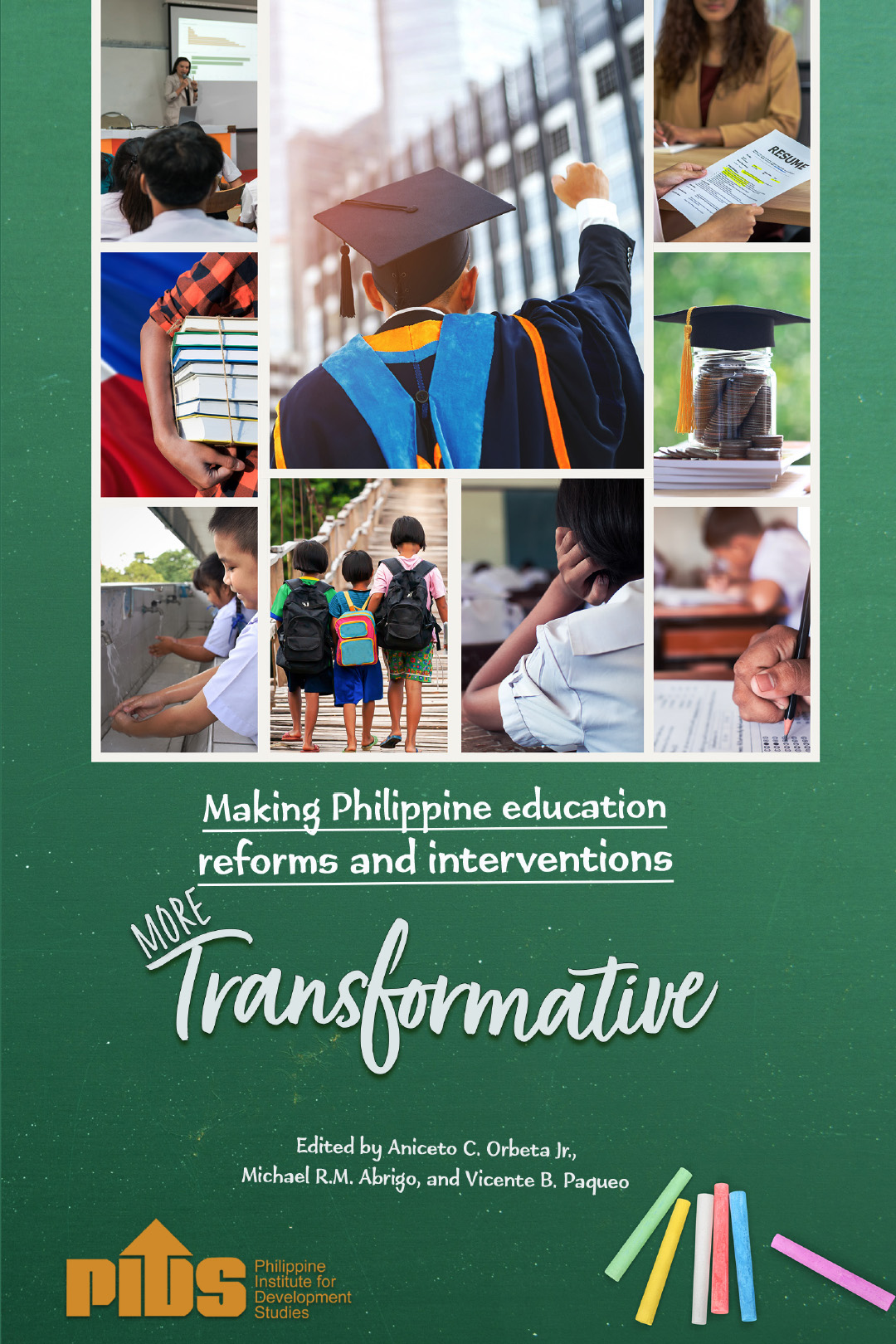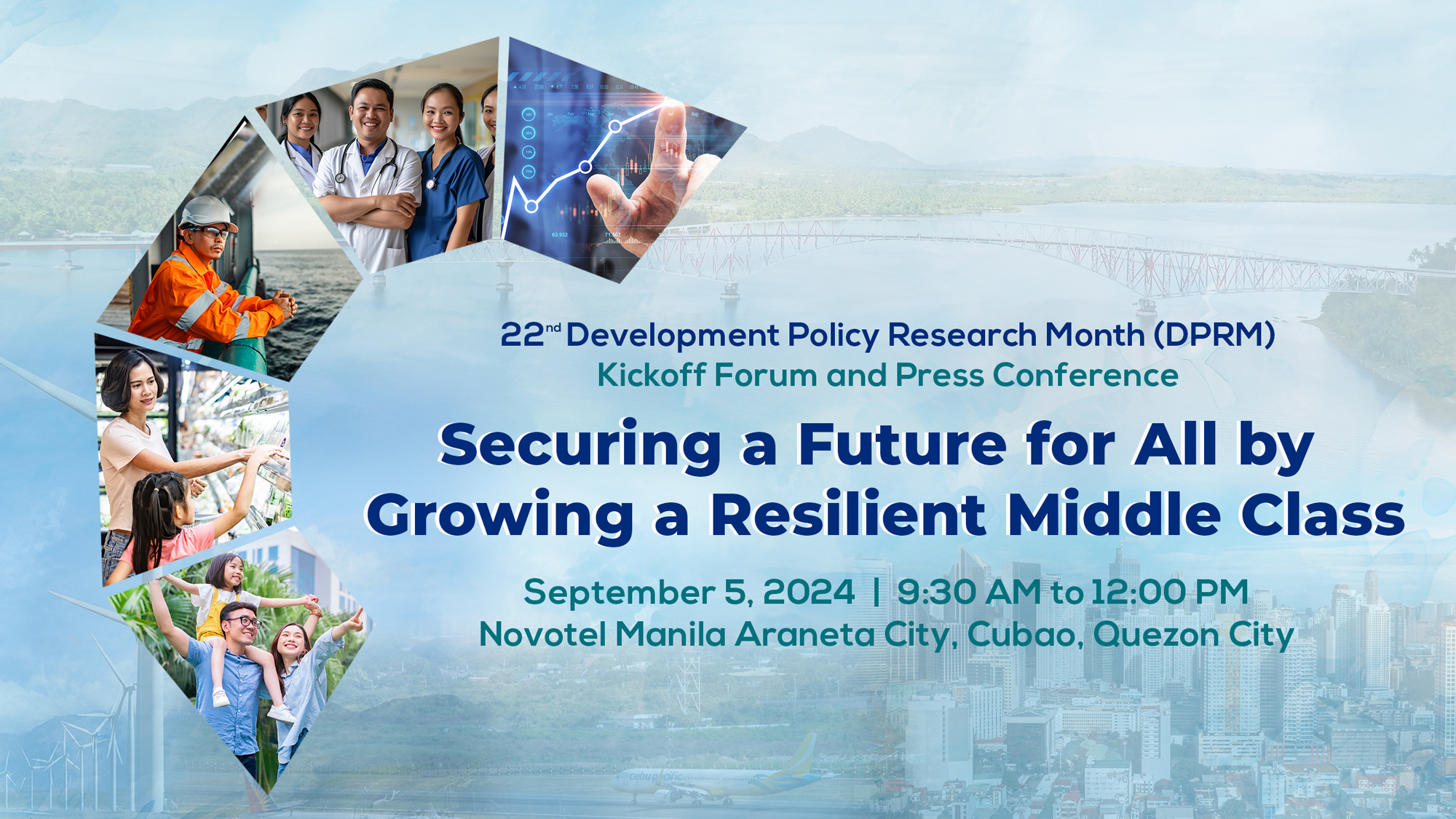To provide a complete, adequate, and relevant basic education services, the Department of Education (DepEd) launched a monthly research forum.
Spearheaded by the Planning Service – Policy Research and Development Division (PS-PRD), DepEd launched a monthly research forum dubbed as “Research O’Clock” recently.
Together with the Innovations for Poverty Action (IPA) Philippines, DepEd said that the forum aims to “provide a platform to share evidence in basic education sector and engage various stakeholders in meaningful discussions on the issues, concerns, and problems” that affect the “delivery of quality, accessible, relevant, and liberating basic education to the Filipino learners” which is the core of the 10-point agenda of Education Secretary Leonor Briones.
Undersecretary for Planning and Field Operations Jesus L. R. Mateo, in his opening remarks, highlighted DepEd’s policy interventions that guide all governance levels to strengthen the internal processes and systems towards evidence-based decision-making.
“Gone are the days when policies, or DepEd orders or memoranda are issued by one office,” Mateo said. “Now we can see a lot of collaborations, cooperation prior to the issuance of any DepEd, department orders or memorandum,” he added.
The Policy Development Process (DepEd Order No. 13, s. 2015) provides for systematic, evidence-based, and participatory mechanisms that are supported by the adoption of the Basic Education Research Agenda (DepEd Order No. 39, s. 2016) and establishment of Research Management Guidelines (DO 16, s. 2017).
Mateo called on the participants to keep an open mind during the forum. “It is only through an open mind that we can really harness the potential of researches,” he said.
In 2018, Research O’Clock shall engage relevant stakeholders in discussing evidence for policy development. All DepEd offices and partners are enjoined to participate in the monthly discussions and presentations of research findings in basic education.
Meanwhile, the discussions revolved around the use of evidence in the policy development process, as presented by Director for Planning Service Roger Masapol followed by IPA Philippines Country Director Nassreena Sampaco-Baddiri highlighting the importance of evaluating education programs. IPA Principal Investigator Emily Beam shared global evidence in education to reflect on similar issues and challenges addressed by the DepEd.
The activity was participated by technical staff from DepEd Central Office, National Capital Region, CALABARZON, and MIMAROPA, and representatives from partner organizations and agencies including the National Economic and Development Authority – Social Development Staff (NEDA-SDS), Early Childhood and Care Development Council (ECCD), Philippine Business for Education (PBEd), and Philippine Institute for Development Studies (PIDS).
Mateo noted that the “times are changing” brought about by developments in ICT and in the international scene. “And it is incumbent upon all of us at the Department of Education to ensure that we analyze what is happening, and try to influence the policies of the department because whatever we do now, 12 years from now, it will impact the children,” he ended.












